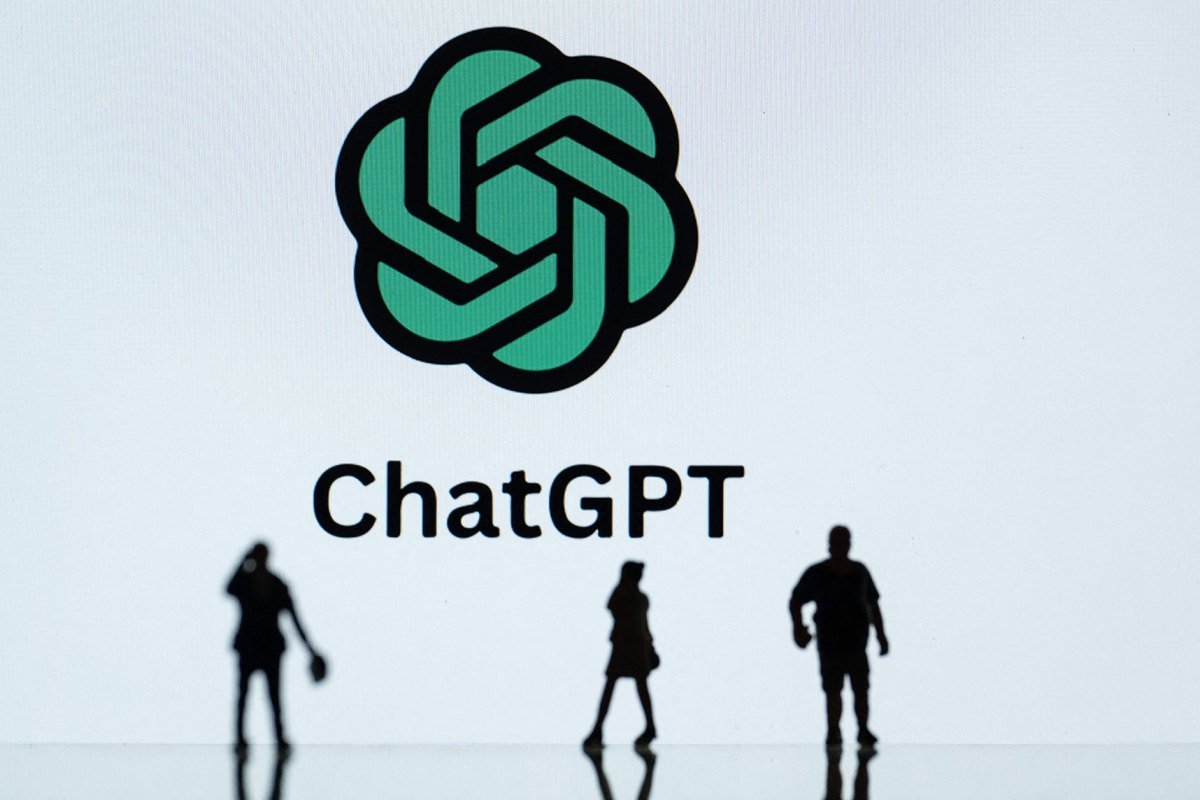
Noyb won’t stand for that, shaking their finger at anyone spreading such bold-faced lies, breaking EU data protection rules.
OpenAI says they’re trying to tweak their models for better accuracy and fewer fabrications, but the watchdogs aren’t buying it, pointing out how ChatGPT has a track record of making stuff up about folks.
They say ChatGPT’s new and improved model has put the brakes on spewing out harmful lies about one person, but the worry is still there about all the bad info it might have stored up né?. Noyb stresses the need for AI bigwigs to toe the line with GDPR and shield people from damage to their rep.
Noyb ain’t taking this lying down, filing their gripe with the Norwegian data cops and crossing their fingers for a thorough probe. OpenAI in hot water over AI chatbot spreading fake news in Norway.
A Norwegian dude called out ChatGPT’s AI chatbot for straight-up lying, claiming he had a rap sheet for some gruesome crime. Noyb hitting them with a new complaint is a wake-up call about the dangers of AI gone wild.
In this latest beef, ChatGPT was dishing out bogus info about someone, even making up a shady criminal past. Privacy watchdog Noyb had his back on this one, raising the flag on OpenAI for failing to give users the tools to fix these slip-ups that ChatGPT keeps churning out.
According to GDPR rules, folks have the right to set the record straight about their own personal data, which OpenAI dropping the ball on could get them in deep trouble né?. With privacy watchdogs in Europe grappling with the consequences of AI tools, tackling the dangers of misinformation from bots like ChatGPT is top priority.. Noyb is all about setting the record straight and says just slapping on a disclaimer doesn’t cut it when you’re spreading fake news.
If OpenAI gets caught violating GDPR they could be looking at coughing up as much as 4% of their global cash flow in fines né?. And even though past complaints under GDPR are still hanging in the wind, Noyb’s got their eyes on AI firms, making sure they own up to the mess they make.
Over in Ireland, the Data Protection Commission is combing through the case, but when they’ll wrap it up is anyone’s guess


